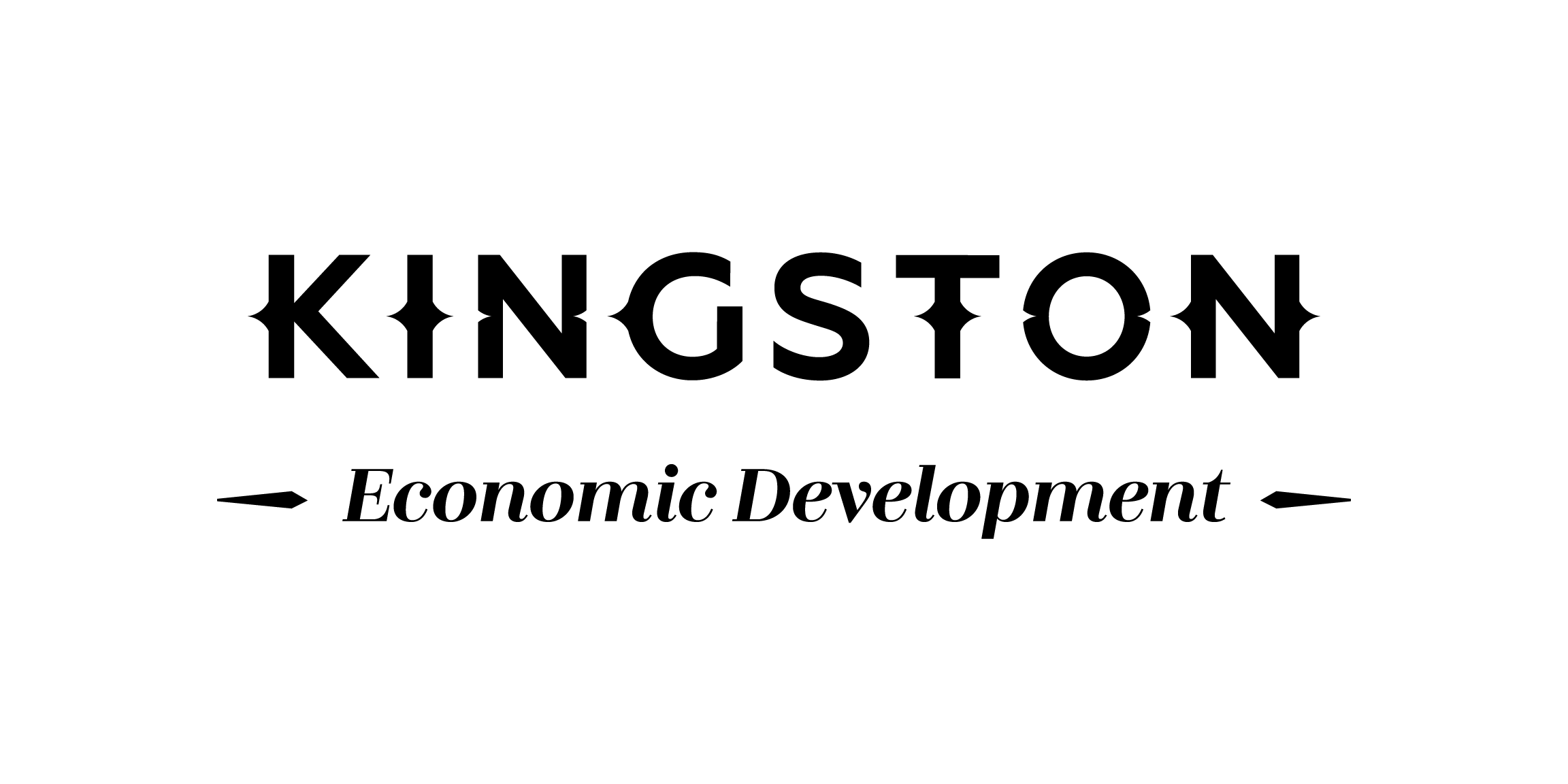
In four short years, a trio of newly minted Queen’s graduates have invented a system to tackle the world’s deadly opiate problem and harnessed local technology innovation programs to develop and start marketing it. Once it was ready for trials, they literally took their hand-held device out on the city streets.
Using Spectra Plasmonics’s lab-grade testing device, Kingston street-health workers have been able to easily analyze a 5-mg sample of cocaine or heroin and tell a client within minutes what other harmful components have been added to it. The technology is a powerful weapon against such deadly additives as fentanyl and carfentanil (up to 100 and 10,000 times the toxicity of morphine respectively) that have killed more than 14,000 Canadian drug users since 2016.
The young entrepreneurs — Malcolm Eade (B.Sc.) and his two co-founding partners, Tyler Witney (B.Comm.) and Christian Baldwin (B.Eng.) — laid the foundation of Spectra during a university innovation initiative in the summer of 2017 and then decided to stay in Kingston to launch it.
The Spectra technology uses research from Queen’s chemical engineering department and a modified off-the-shelf spectrometer that accepts a dissolved drug sample onto the company’s disposable, sensing chip. The process’s ultra-sensitive nano technology is the key to its success.
“The process needs to be very sensitive to detect fentanyl,” explains Malcolm.
The device’s portability and quick results add to his confidence in its eventual success with such clients as frontline health workers, first responders, and public health systems.
In addition to continued support from the Dunin-Deshpande Queen’s Innovation Centre (technology transfer), Kingston Economic Development Corporation (business strategy), Spectra’s small eight person staff has joined the Entrepreneurs in Residence program at Kingston’s Launch Lab that supplies them with business mentors.
After their latest round of software upgrades in response to the ongoing trials, they are getting ready to ship across Canada, offering customers training, ongoing support and the platform’s testing consumables.
Current plans call for expansion into the U.S. where more than 1,300 deaths a week are attributed to opioid overdoses.







